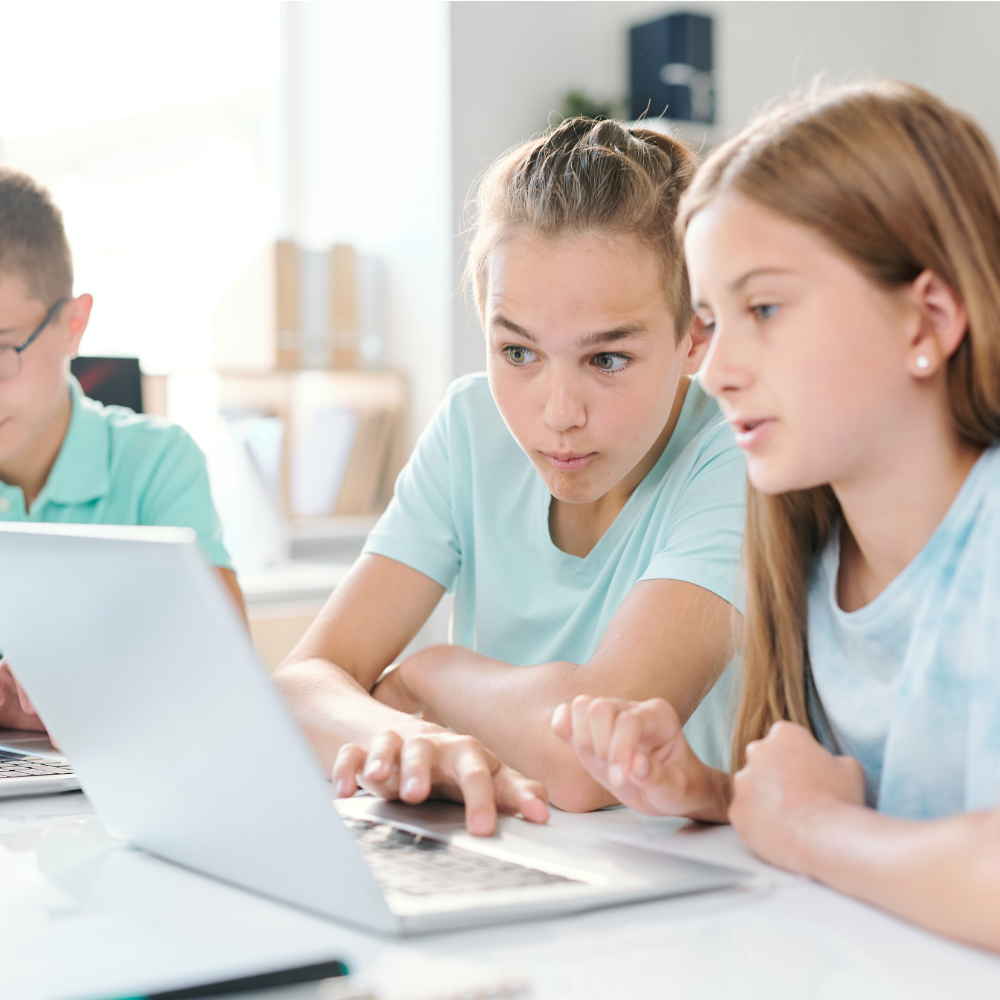It feels like nearly every sit-down restaurant you go to now has at least one kid fidgeting around on an iPad, regardless of how many family members or even friends are at the table. This is just one of the many side effects of pushing tech for kids in school at a young age.
Laptops and tablets have been a large part of learning for over 10 years now and learning has changed drastically. I was first introduced to having semi-personal laptops in school in 5th grade and every year after that I have had my own laptop. Students have started socializing less in classes that use computers often, leaving classes silent and not cooperative. Students that have experienced this for years are now starting to see the impact on their social skills. Many teachers have reported that students graduating in 2026 or later are much less social and more prone to being problematic.
Various studies have shown that students who spend more than 30 minutes to an hour on their laptops in school have lower grades than students within that range, but students who are within that range have higher averages than students without laptops or computers in school. These findings do not state that there is a causation between computer time and lower performance in school, but there is clearly a correlation. Students in a college survey have reported that they spend time in classes responding to emails, messaging friends, surfing the internet, and playing games almost daily. The same students have indicated that the most distracting part of having laptops in the classroom is not the laptops themselves but the students around them doing other things on their laptops.
Laptops have opened new doors for students in the classroom. Whether it is typing research papers or entirely new courses like computer science, personal laptops have made it possible. It is tricky to make laws or rules for computers in school, but for most students, it does not make sense to be spending well over half their time in school on a device. For most students, time on their laptop is spent taking “notes” or doing homework for classes they are not even in. A simple rule teachers can implement, and one that I have experienced, is a “no notes on computers” rule.
Taking notes on paper helps with learning the content further because it discourages students from taking notes word for word and instead, they must reformat the information in a way they can process. This step in the learning process ensures that students understand what they are writing down and gives them time to ask questions while writing the information down. Students with handwritten notes often spend more time collaborating with others in cases when they miss something, or they just want to compare notes.
Unfortunately, this situation is out of the hands of a simple rule change within the school system and is more of a change teachers need to make within the classroom. There are many ways to shift classrooms to using computers less often, but it all starts with getting students to close their screens from the start of the year. Teachers can choose to have students take notes exclusively on paper, give out packets to take notes in, or create activities that force students to put everything they have away and talk to solve problems set as a group. I’ve experienced all of these firsthand and they have created more interactive classrooms that I feel are more conducive to learning.
References
Fisher, B. (2015, August 22) Laptop Use in Class: Effects on Learning and Attention. Washington University in St. Louis. https://ctl.wustl.edu/laptop-use-effects-learning-attention/
Hempe, M. (2018, April 5). Rethinking Personal Laptops in the Classroom. Screen Strong. https://screenstrong.org/rethinking-personal-laptops-in-the-classroom/
Jacobs, T. (2019, June 6) Computers in the Classroom may do More Harm than Good – If They’re Overused. Pacific Standard. https://psmag.com/education/computers-in-the-classroom-may-do-more-harm-than-good
Prothero, A. (2022, April 12). Is Tech Destroying Kids’ Social Skills? Here’s How Social-Emotional Learning Can Help. Educational Week. https://www.edweek.org/leadership/is-tech-destroying-kids-social-skills-heres-how-social-emotional-learning-can-help/2022/04






